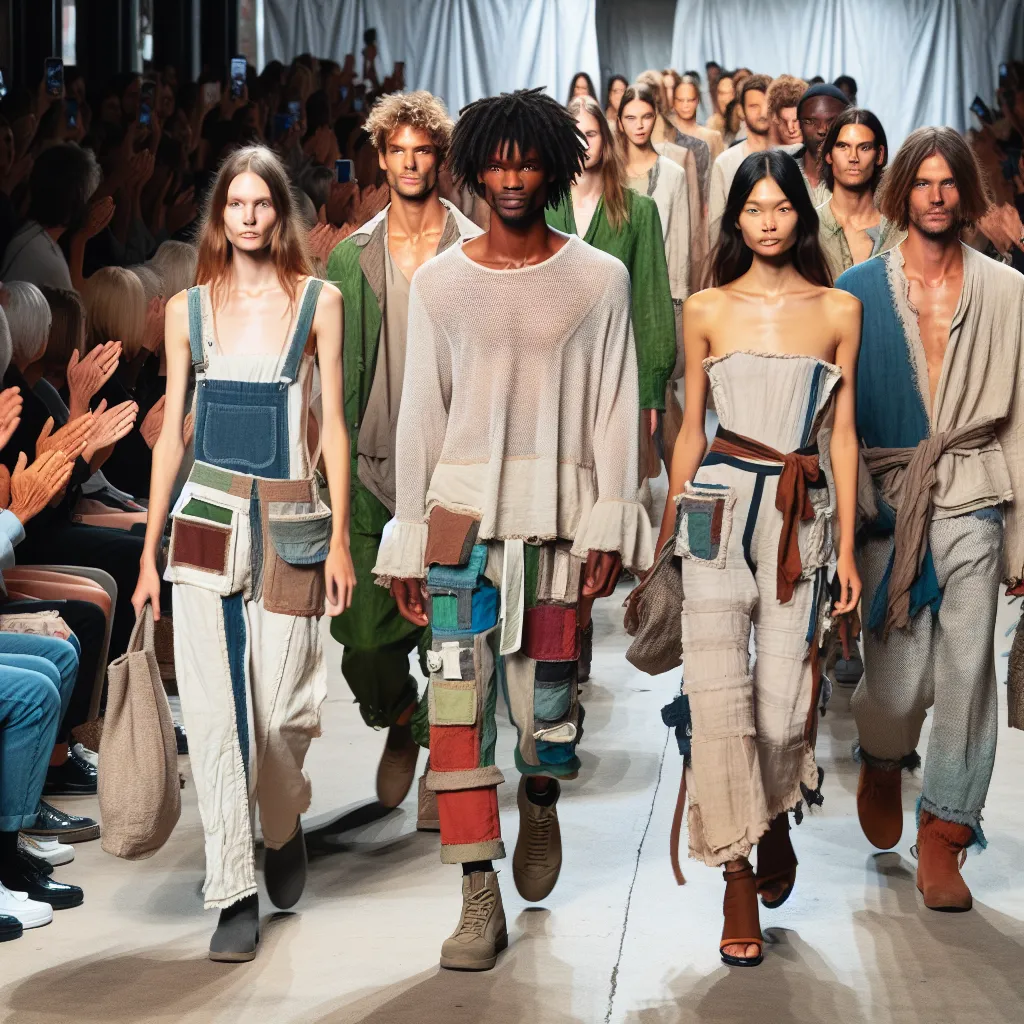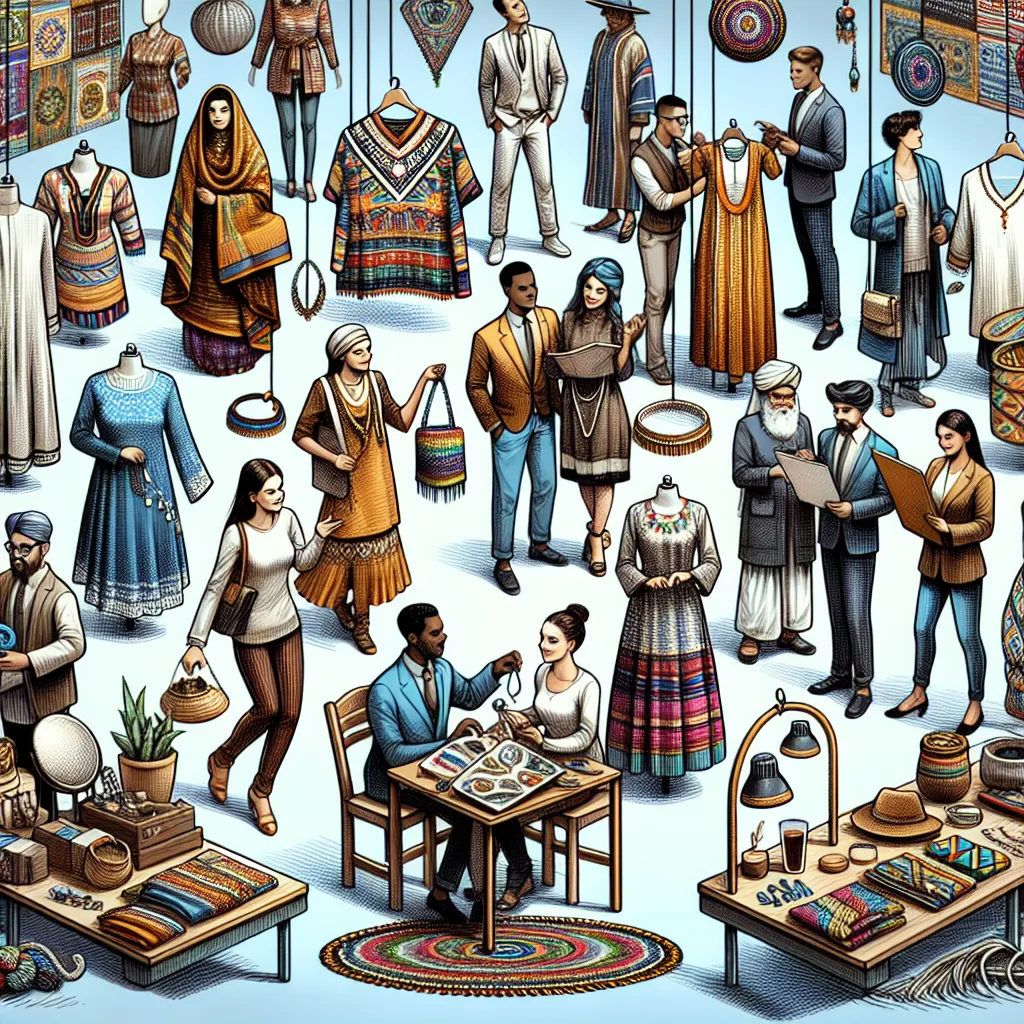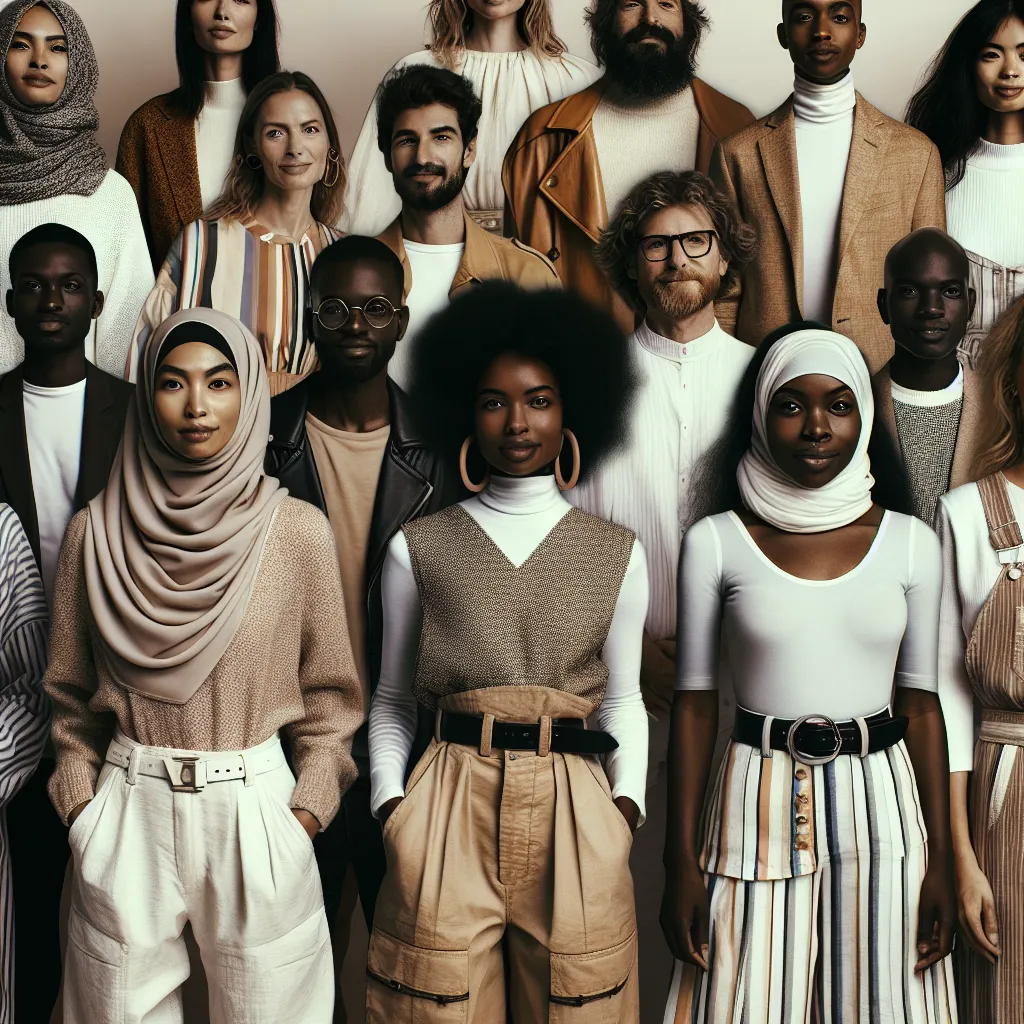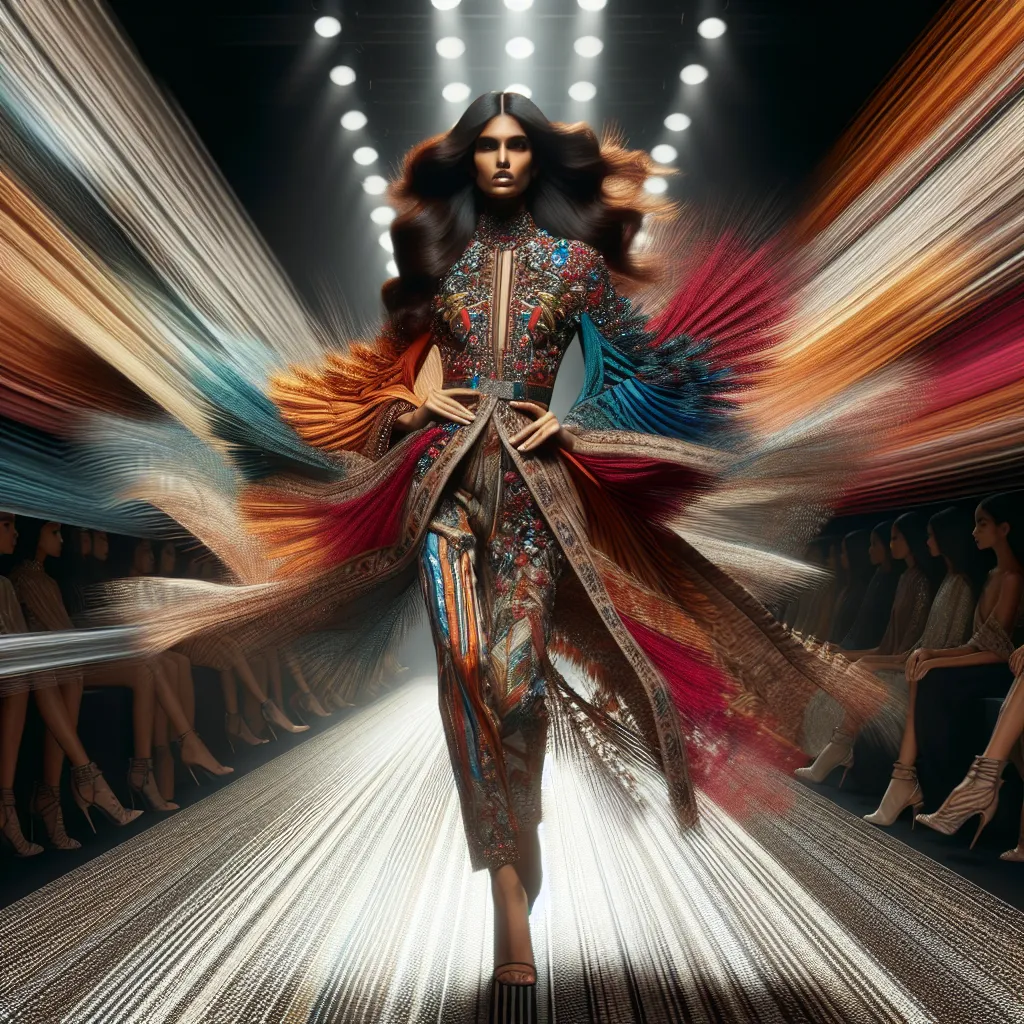Eco-Friendly Fabrics: The Future of Sustainable Fashion
The rise of sustainable fashion has brought a significant shift in the industry, with a growing emphasis on eco-friendly fabrics. As consumers become more conscious of the environmental impact of their clothing choices, the demand for sustainable and ethically produced garments has surged. This shift has propelled eco-friendly fabrics to the forefront of sustainable fashion, paving the way for innovative materials and manufacturing processes.
Eco-friendly fabrics are designed to have minimal impact on the environment, both in their production and disposal. Organic cotton, for instance, is cultivated without the use of harmful pesticides and synthetic fertilizers, reducing the overall environmental footprint. Similarly, bamboo fabric is gaining traction for its rapid growth and biodegradable properties. Additionally, recycled polyester derived from post-consumer plastic waste is a prime example of transforming environmental concern into a sustainable fashion solution.
The future of sustainable fashion undoubtedly hinges on the widespread adoption of eco-friendly fabrics. As technological advancements continue to drive the development of new materials, the industry is witnessing the emergence of innovative textiles made from sources such as agricultural waste, seaweed, and even mushrooms. With an increasing focus on circular fashion and closed-loop production, the potential for sustainable, eco-friendly fabrics to redefine the industry is promising.
In conclusion, the relentless pursuit of eco-friendly fabrics stands as a cornerstone of sustainable fashion, ushering in a new era of conscientious and stylish clothing choices. As consumers and industry players alike embrace these developments, eco-friendly fabrics are destined to shape the future of fashion, driving positive change for the planet and the well-being of future generations.
From Runway to Real Life: How Sustainable Fashion is Making a Difference
The rise of sustainable fashion has been a significant trend in recent years, with more and more people becoming aware of the environmental and ethical impact of their clothing choices. From runway to real life, sustainable fashion is making a difference by influencing the way people approach their fashion consumption.
In the fast-paced world of fashion, trends come and go, but sustainable fashion is here to stay. Designers are starting to incorporate sustainable materials and practices into their collections, showcasing them on the runway and proving that eco-friendly fashion can be just as stylish and trendy as conventional clothing.
What’s even more impactful is how sustainable fashion is making its way into the everyday lives of consumers. With the growing availability of sustainable clothing options, people are now able to make more conscious choices when it comes to their fashion purchases. From organic cotton t-shirts to recycled polyester activewear, sustainable fashion is becoming increasingly accessible to the average consumer.
Furthermore, the influence of sustainable fashion is not limited to individual consumers. Major retailers and brands are also taking note and shifting towards more sustainable practices. This shift is not only driven by consumer demand but also by a genuine commitment to reducing the environmental footprint of the fashion industry.
As more people embrace sustainable fashion in their daily lives, the industry as a whole is being pushed towards greater transparency and accountability. This shift is crucial for creating a more sustainable and ethical fashion landscape, where the impact on the planet and the people involved in the supply chain is carefully considered.
In conclusion, the rise of sustainable fashion from the runway to real life is a promising trend that is reshaping the fashion industry. By choosing eco-friendly and ethical clothing options, consumers have the power to influence positive change and contribute to a more sustainable future.
Keywords: sustainable fashion, trends, eco-friendly, ethical, runway, consumer, environmental impact, sustainable materials, fashion industry, transparency
The Impact of Consumer Choices on the Global Fashion Industry
In recent years, the global fashion industry has experienced a significant shift towards sustainability, driven largely by consumer demand for ethically produced and environmentally friendly clothing. This shift has been propelled by increasing awareness of the detrimental impact that fast fashion has on the environment and the well-being of garment workers. As consumers become more conscious of the social and environmental implications of their purchasing decisions, they are actively seeking out sustainable fashion options.
Consumer choices play a crucial role in shaping the future of the fashion industry. By selecting environmentally conscious brands that prioritize ethical sourcing, fair labor practices, and eco-friendly materials, consumers can directly influence the market and drive the demand for sustainable fashion. This, in turn, puts pressure on traditional fashion companies to reassess their production methods and supply chains, ultimately leading to a more sustainable industry as a whole.
Moreover, the power of social media and digital platforms has enabled consumers to voice their concerns and hold fashion brands accountable for their actions. This has led to increased transparency within the industry, as companies strive to communicate their sustainability efforts and production processes to an increasingly discerning audience. As a result, consumers are becoming better equipped to make informed decisions and support brands that align with their values.
In conclusion, as consumers continue to prioritize sustainability and ethical practices in fashion, they are reshaping the industry and driving positive change on a global scale. By championing sustainable fashion trends and making mindful purchasing decisions, individuals have the potential to influence the entire supply chain and contribute to a more sustainable and ethical future for the fashion industry.




